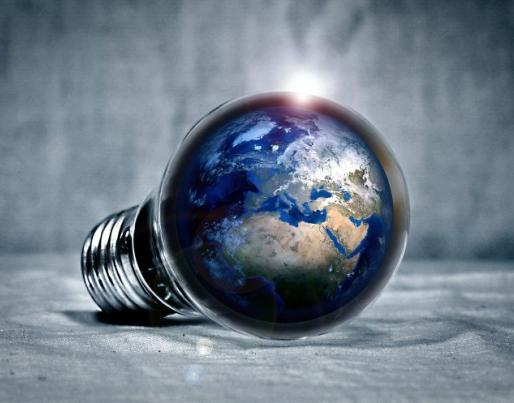Energy Communities: Energy saving through local production and consumption

Energy Communities: Energy saving through local production and consumption
The energy transition, supported by growing public awareness of climate change has led to the emergence of energy communities around the world.
What are these Communities and what are their Contributions and Benefits?
Based on individual self-consumption, these communities have been formed to generate and benefit from the electricity generated locally by collaborating with companies, local councils and neighbours. This demonstrates that an increasing number of consumers wants to be active and responsible and thus, are becoming “prosumers” (producers and consumers) of energy.
In this article, you will find out what an energy community is, how this model is evolving in the UK and how it can benefit from the use of an EMS.
The first energy communities were built before a name or a specific regulation was established for them. To regularise and encourage their implementation, the European Union has implemented a regulation defining two concepts: the Citizen Energy Community (Directive (EU) 2019/944) and the Renewable Energy Community (Directive (EU) 2018/2001).
Like other entities, energy communities need governance and regulatory arrangements as they face higher investment risks compared to commercial energy providers. Therefore, the UK government decided that they will benefit from tax-advantaged investment under the SITR (Social Investment Tax Relief).
Before you keep reading, it is important to clarify that energy communities are not competitors of energy providers. They are just another player in the energy market with a local and non-commercial vision. In fact, in many cases, they continue to collaborate with them and with energy services companies to initiate or manage projects. In this article, you can find out more about the role of utilities in self-consumption in the UK.
Read the full article here.